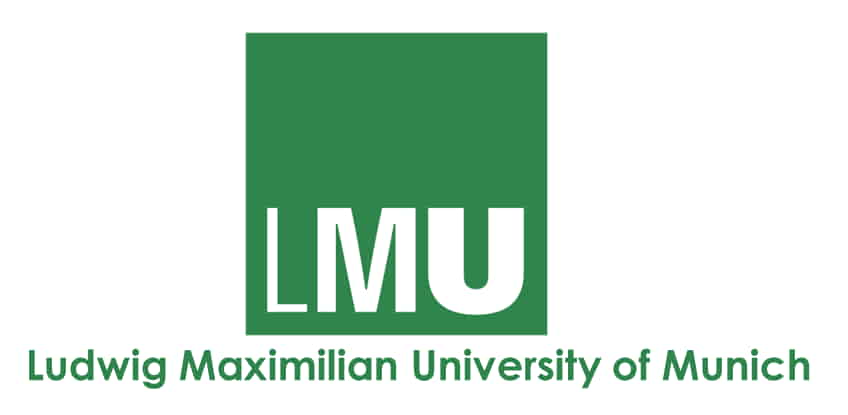Last Date: December 31, 2023.
This is us:
The population genomics working group and paleogenomics working group led by Prof. Ivica Medugorac and Prof. Laurent Frantz belong to the Veterinary Science Department of the Faculty of Veterinary Medicine at LMU-Munich. Both groups have broad interests in the neutral and functional genetic diversity of domestic animals and their wild relatives, as well as in evolutionary genomics, archaeology, conservation biology and sustainable agriculture. We use the possibilities of ancient and modern genomics to compare current architectures of genetic diversity with those of the past: This allows us to track evolutionary processes such as artificial selection, extinction, speciation and domestication over time to gain insights for sustainable development .
We are looking for you:
Postdoctoral researcher (m/f/d)
at the Martinsried/Planegg location
These are your tasks:
- We are looking for a postdoctoral researcher for the analysis of (paleo)genomic data from domestic animals. The work will be carried out in the Population Genomics Working Group (led by Prof. Medugorac) and the Paleogenomics Working Group (led by Prof. Frantz). Our groups have created large genomic datasets for multiple animal species, including cattle, pigs and goats. The job holder can flexibly choose the project and animal species he/she is interested in and/or develop a project with our teams. They will also receive support in finding funding to develop their own research ideas. The work will be primarily computer-based, but the incumbent will have the opportunity to participate in data generation in the modern and ancient DNA laboratory. The postdoctoral researcher will be part of a larger team consisting of several postdocs and graduate students studying the evolutionary history of domestic animals using (paleo)genomics and zooarchaeological methods
- Analysis of (paleo)genomic data
- Support in writing funding applications
- Assisting in the supervision of research students (MSc. and PhD)
- Participation in teaching activities.
That’s them:
- PhD in genomics or equivalent
- Experience analyzing next generation sequencing data
- Experience with population genomics
- Experience analyzing paleogenomic data (desirable)
- Interest in evolutionary biology and/or archeology (desirable)
- Experience with laboratory techniques in the field of molecular genetics (desirable)
- Good knowledge of English (requirement) and knowledge of German (desirable).
This is our offer:
.The workplace is located in Martinsried near the Bio-M Cluster, which is easy to reach by public transport. The remuneration is based on TV-L pay group E13. The University is an equal opportunity employer.
The University of Munich is interested in increasing the proportion of women in teaching staff and strongly encourages women to apply.
Part-time employment is generally possible.Severely disabled people will be given preference if they have essentially the same qualifications.
Contact:
To apply, please send a CV, including the contact details of two referees, and a cover letter to: i.medugorac@lmu.de (cc to Laurent.Frantz@lmu.de )
For inquiries or further questions, please contact Prof. Medugorac:[ i.medugorac@lmu.de ](mailto: i.medugorac@lmu.de )
Where science is everything.
At the LMU, scientists work at the highest level on future questions about people, society, culture, the environment and technology, supported by competent employees in administration, IT and technology. Become part of the LMU Munich!
As part of your application for a position at the Ludwig Maximilian University of Munich (LMU), you submit personal data. Please note the LMU data protection declaration for the website. By submitting your application, you confirm that you have read the data protection information and the data protection declaration and that you agree to the data processing as part of the selection process.
Apply





